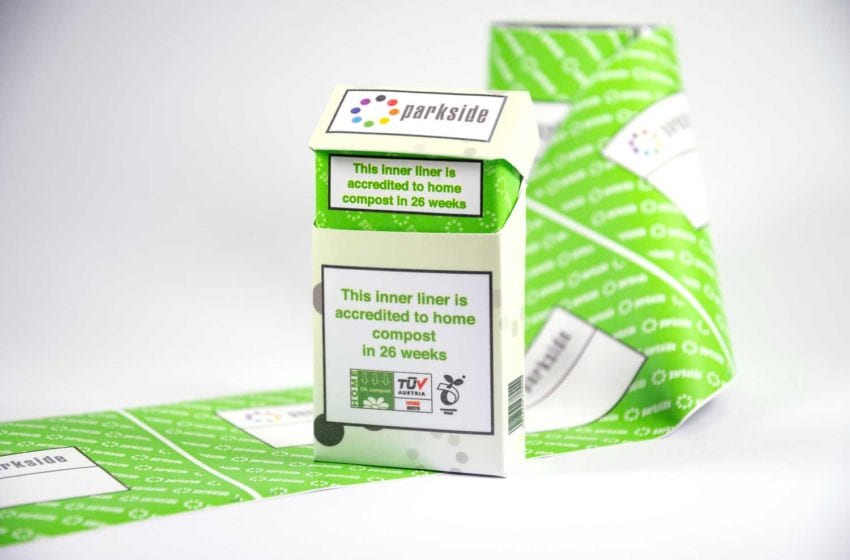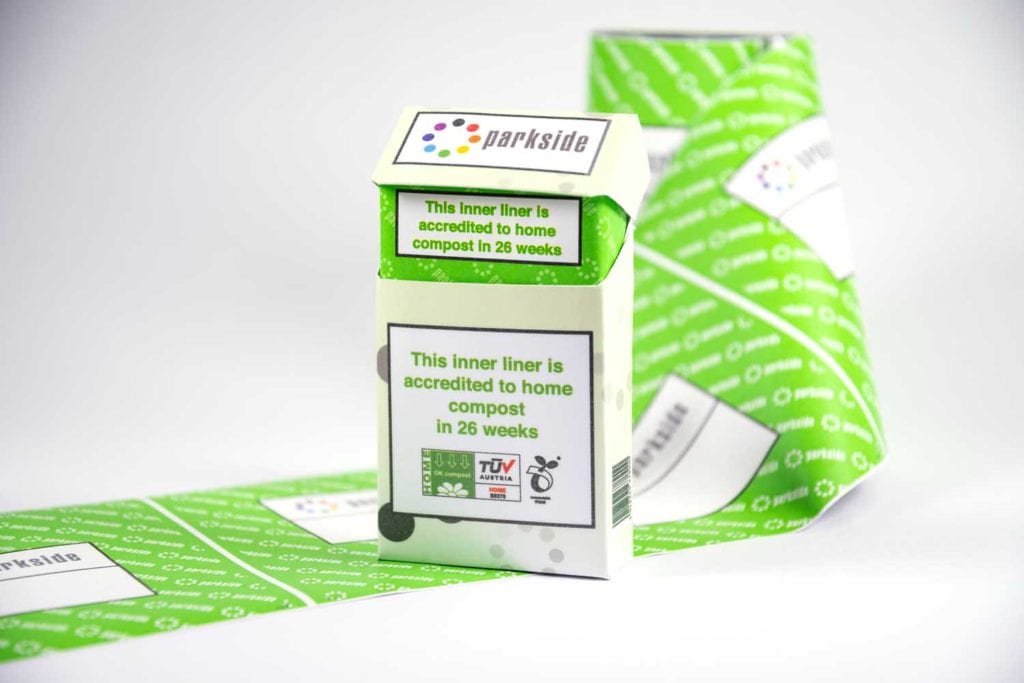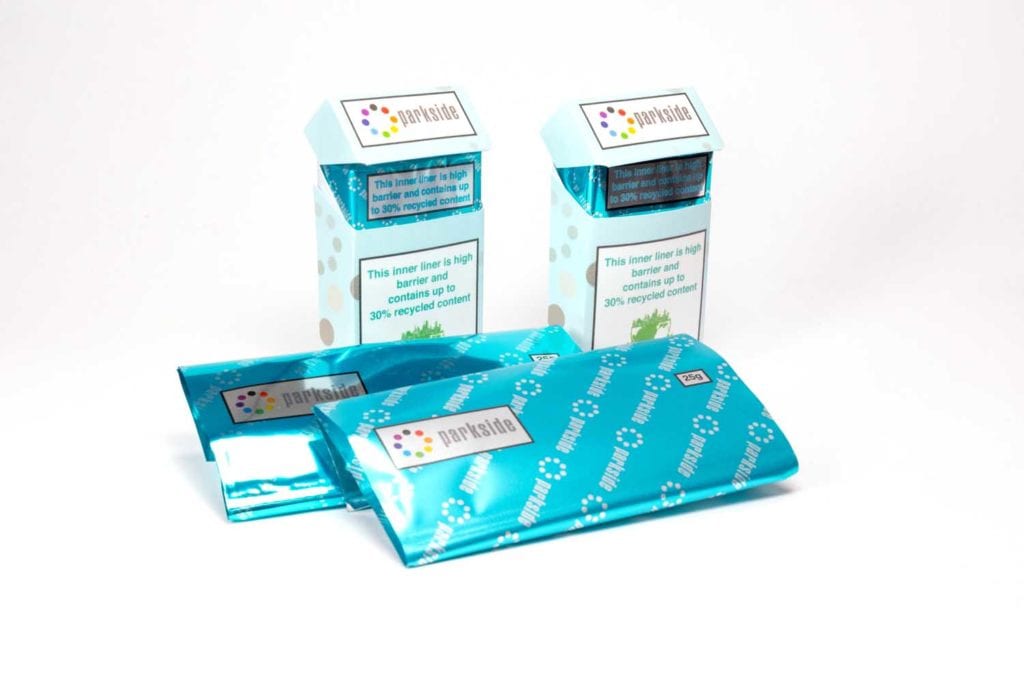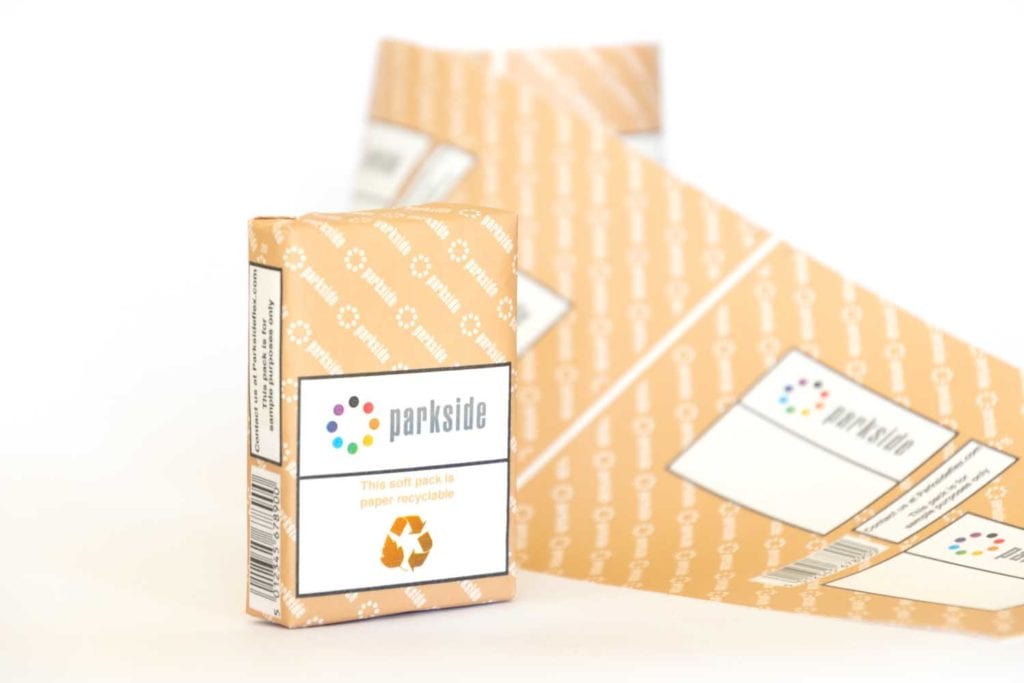
Parkside Flexibles has appointed Ian Dewar as business unit manager for its Kuala Lumpur, Malaysia, operation.
Dewar’s substantial knowledge of materials, additives and coating formulations will provide Parkside customers with the expertise to develop packaging that balances plastic reduction with barrier performance, all while complying with relevant legislation.
“We are delighted to welcome Ian to our growing team in the region. This is an exciting time for our business as we strive to meet the evolving needs of APAC [Asia-Pacific] customers and consumers, and we expect Ian, with the extensive experience he has gathered throughout his career, will play a big part in that aim,” said Paula Birch, managing director of Parkside Asia.
“2022 has been a big year for flexible packaging in the region following key carbon commitments from the Chinese government, the Indian government’s single-use plastic ban, and many more legislative changes. Ian’s experience puts Parkside in the strongest position for APAC customers seeking to improve their sustainable packaging portfolio with high-performance flexible packaging solutions.”
“There are many challenges to overcome and opportunities to make the most of in the APAC region, and I’m ready to roll my sleeves up and deliver for our customers in 2023,” said Dewar.
With sites in the U.K. and Malaysia, Parkside employs almost 200 staff worldwide.








